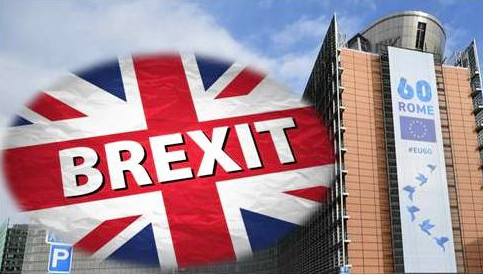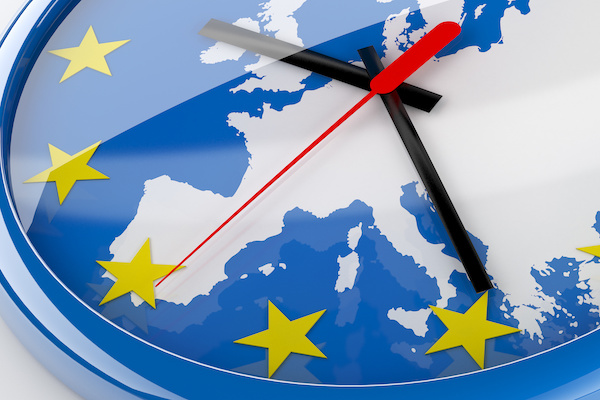04 April 2017
Brexit: what prospects for the future Europe (of energy)


On March 29th, the United Kingdom triggered for the first time the article 50 of the Treaty on European Union thus leading to the end of the European Union as one knows it. Eight months after a historical referendum (52% of the Brits voted in favor of Brexit), and just a few days after the celebration the EU’s 60th anniversary, the triggering of article 50 brings at least two years of tough negotiations between the United Kingdom and the EU-27 so as to agree on terms of the exit. While uncertainties prevail regarding the magnitude of the challenges ahead, Brexit could have serious consequences on the energy and climate sectors.
However, since the pro-Brexit campaign focused mainly on immigration and sovereignty issues, energy does not appear as a priority for the negotiations.
Maintaining the internal energy market
If the British government made it clear the UK will leave the European single market and emancipate from the European Court of Justice’s jurisdiction, the UK’s affiliation to the internal energy market and the implementation of its rules remain unclear. Indeed, three legislative packages, whose last one was adopted in 2009, contributed to liberalise the energy market and harmonise its functioning at European level. Other regulations that are not directly linked to the energy sector, such as custom duties and financial regulations, also affect energy trade between the UK and the rest of the EU…
Interconnections at stake?
The preservation and the development of infrastructures essential to ensure physical flows are also key issues. The United Kingdom currently has 3GW of interconnection capacity with continental Europe, and this could reach 9.8 GW by 2022 if all the interconnection projects approved were to be carried out. The interconnections that connect the United Kingdom to the continent play a key role in securing energy supply in continental Europe (and reciprocally), and require maintaining an adequate legal framework. Finally, the cessation of European funding (Projects of common interest under the Connecting Europe Facility) could undermine the level of investment needed for future infrastructure projects. As a member of the internal electricity market, the United Kingdom is therefore a prominent trade partner for France.
The loss of an ally on energy and climate issues?
Great defender of the energy markets liberalisation and market mechanisms, the United Kingdom has also played a crucial and pragmatic role in developing European energy and climate policies.
Pioneer on the thorny issue of capacity mechanisms, the United Kingdom has also been an active defender of climate policies and fiercely supported an ambitious strategy to decrease emissions in greenhouse gases at the heart of the European energy policy. With a CO2 floor price established at national level (and complementing the European ETS!), it calls, together with France, for a strong carbon price-signal and a resilient ETS. The maintaining of the British participation in the EU Emissions trading system is therefore a crucial issue, and has not been decided at this stage. Indeed, the British government could implement its own trade mechanism at national level and decide whether it should be linked to the European mechanism afterwards. Moreover, the exit of the United Kingdom from the ETS would reduce the demand for emission permits in the European carbon market, thus leading to further decrease in CO2 price. Finally, there are also Franco-British synergies regarding the energy mix, in particular as far as nuclear cooperation is concerned. The United Kingdom will actually leave the Euratom treaty because it is legally interlinked with the Treaty on the Functioning of the European Union. Service continuity between the current and the future situation must therefore be guaranteed in the light of production and safety issues at stake.
Europe and Europe of energy at a crossroads
While the European Union is experiencing a deep identity crisis, the 27-nation European Union needs to reinvent itself. The question of subsidiarity and the role of the national level within the Europe of tomorrow are crucial issues, including for energy transition matters. Indeed, let us not forget that the negotiations between the EU and the United Kingdom will take place in parallel with the work carried out on the “Clean Energy for all Europeans” initiative. In this regard, the future role held by the United Kingdom when separated from Europe, in the achievement of the 2030 energy and climate objectives is still unclear and could have serious consequences.
Find out more
02 June 2020
“Long live Europe”: it’s time for Europe!
25 February 2020
Brexit: love last 47 years


About us
The Union of the French Electricity Industry is the trade association of the French electricity sector. We bring together companies from the whole value chain of the electricity industry.
Find out more










